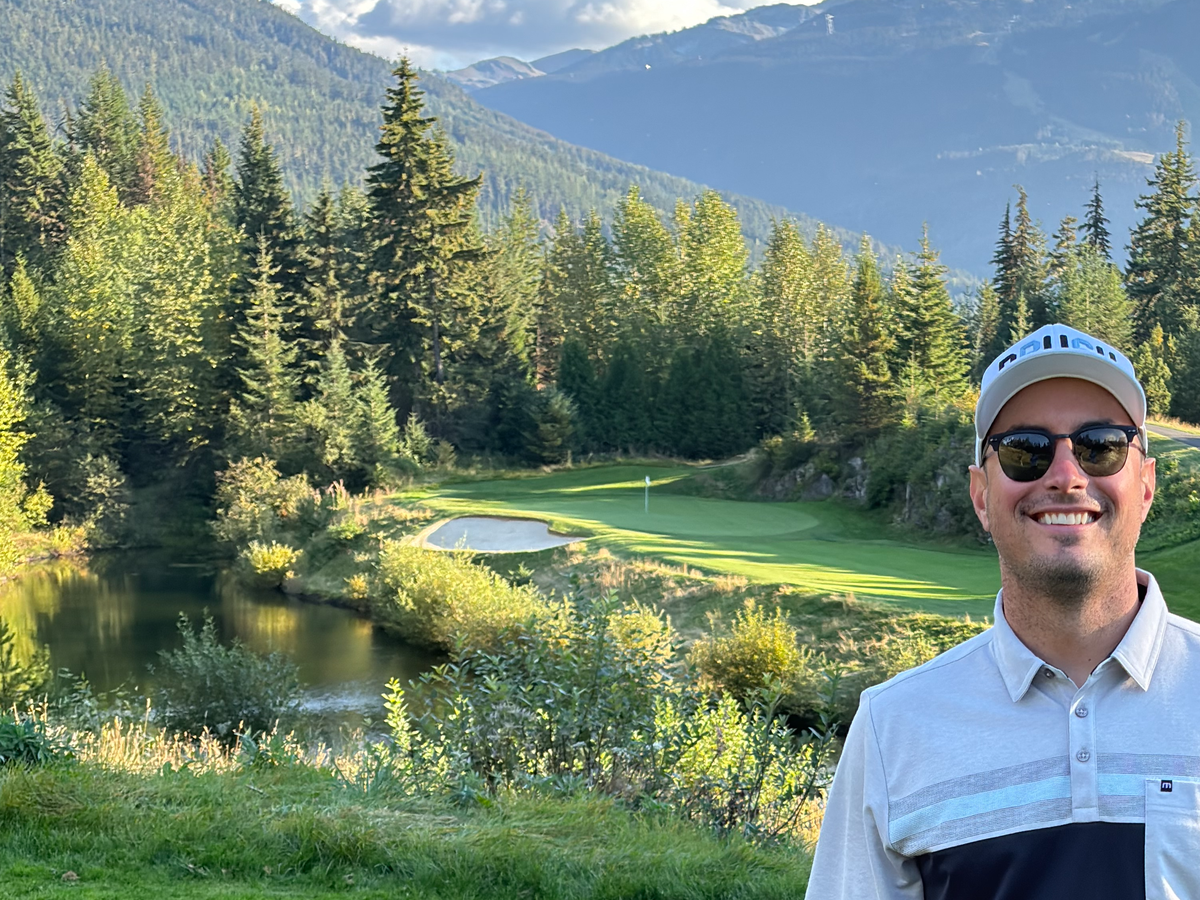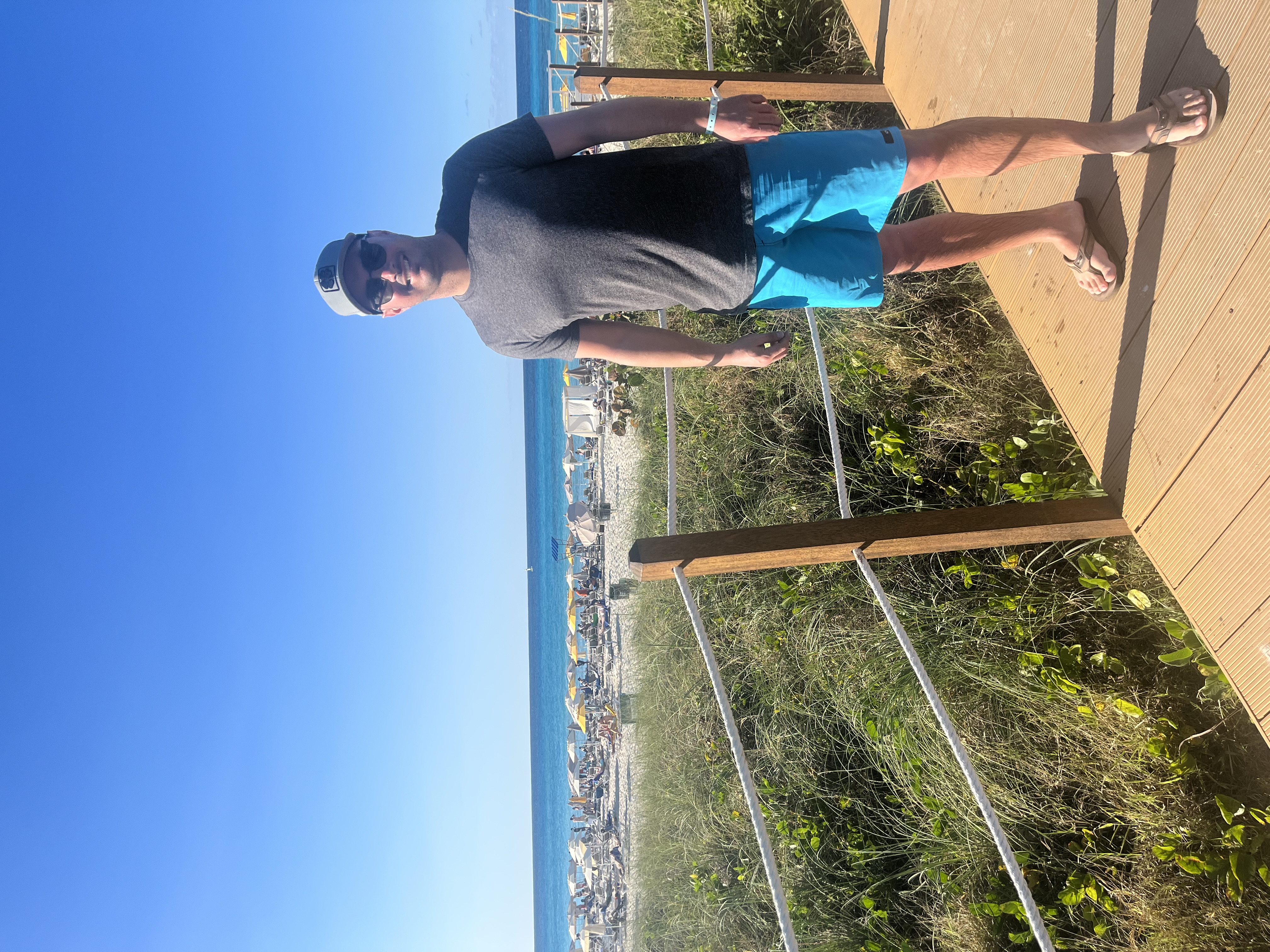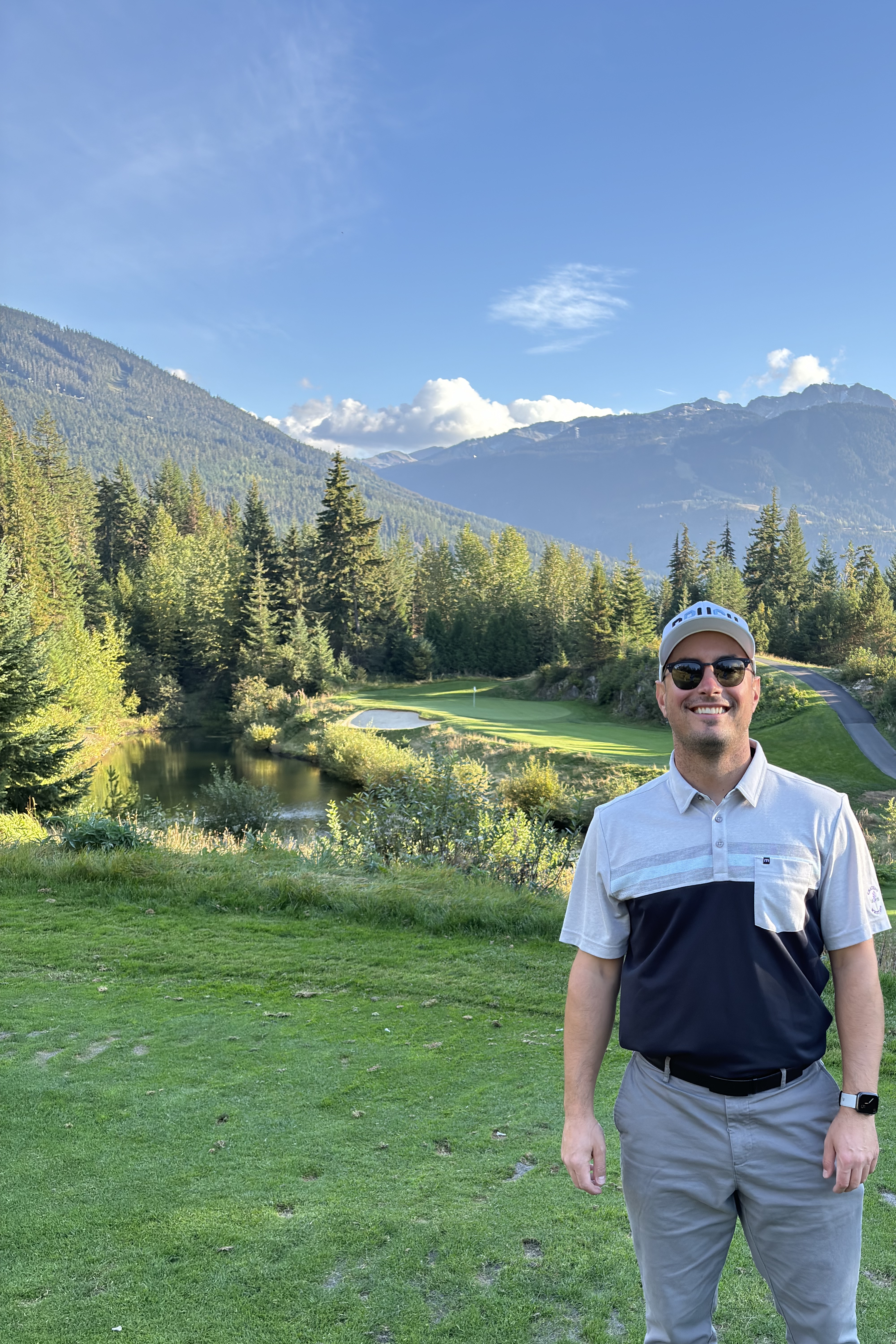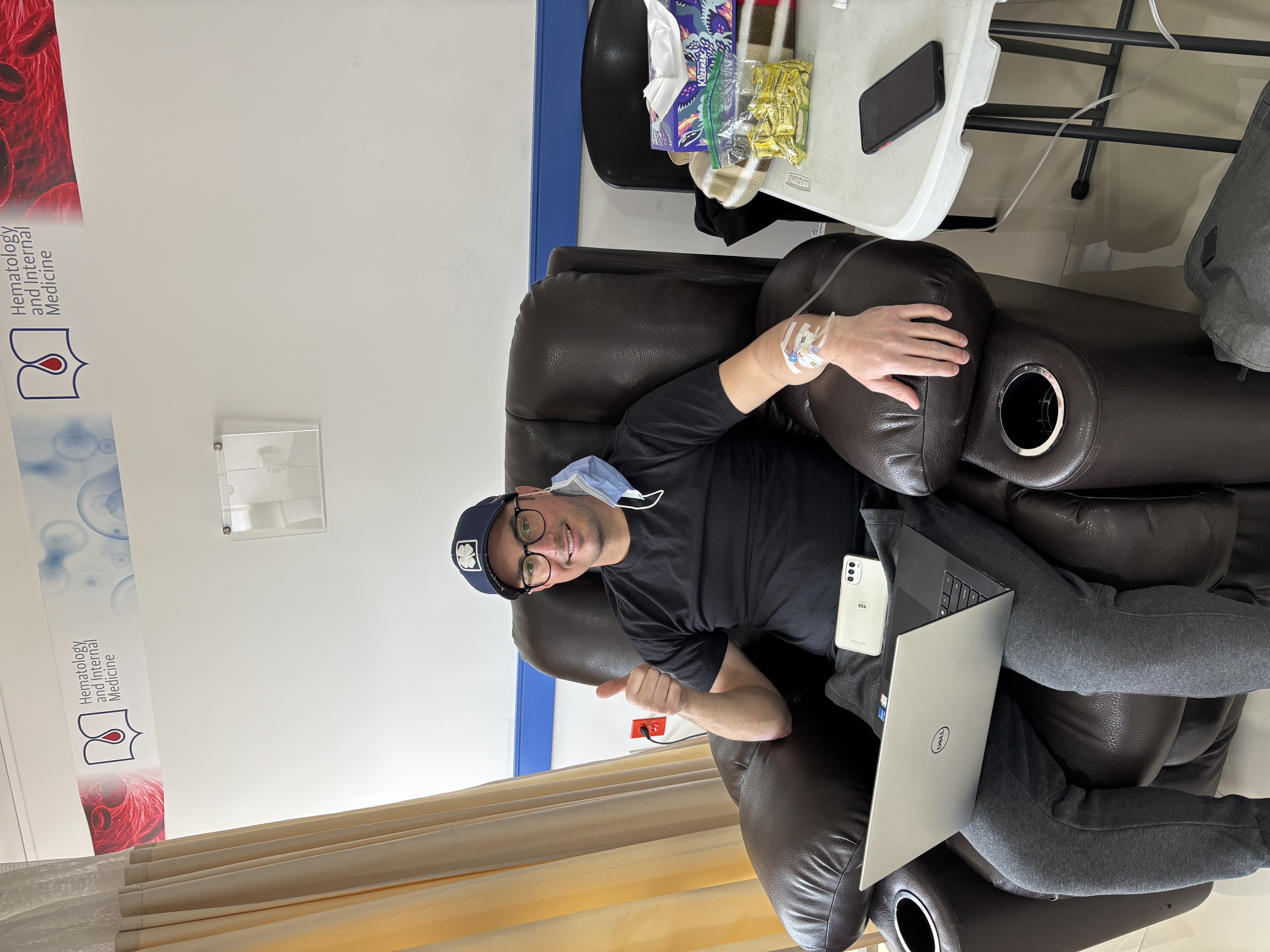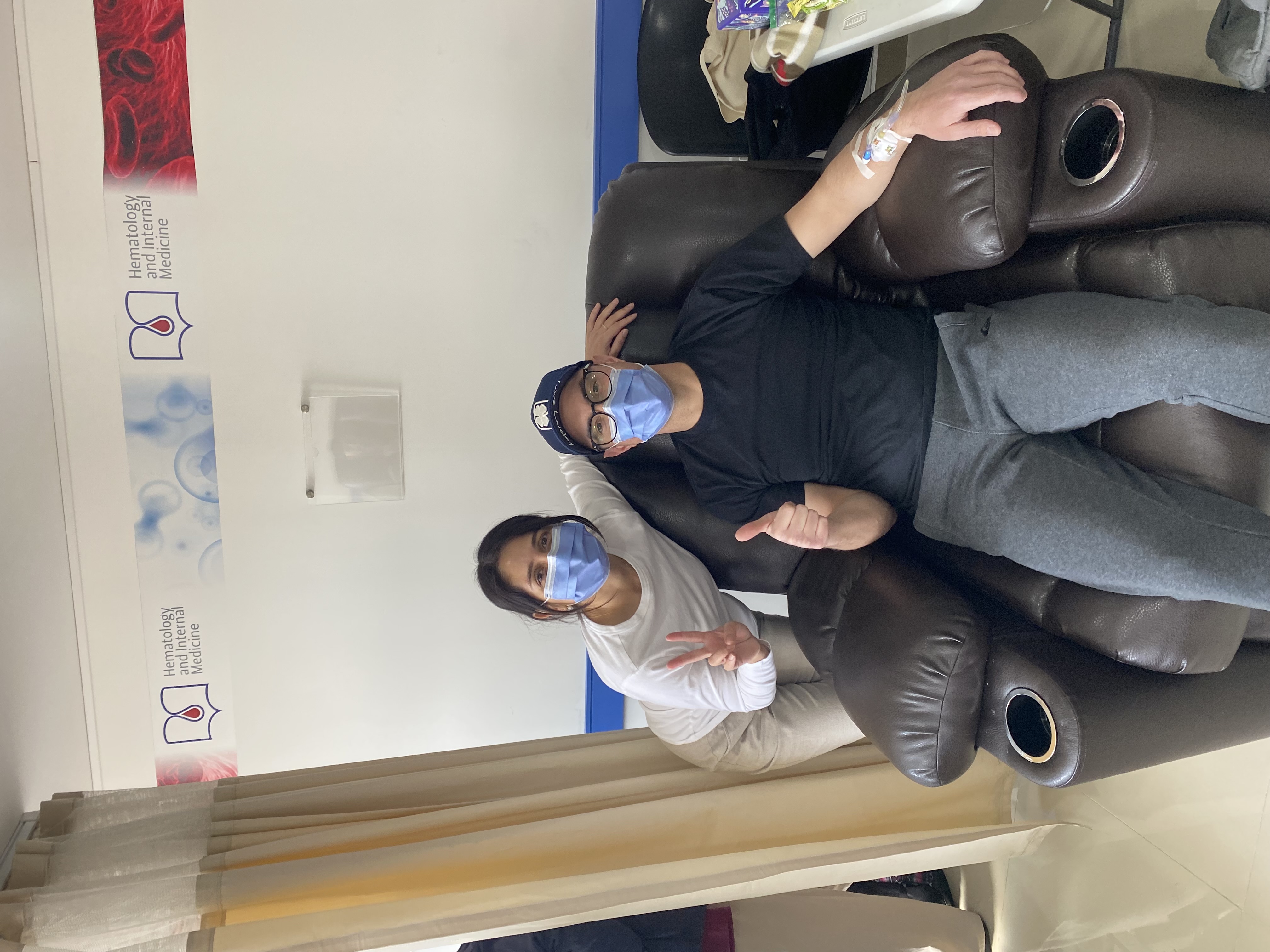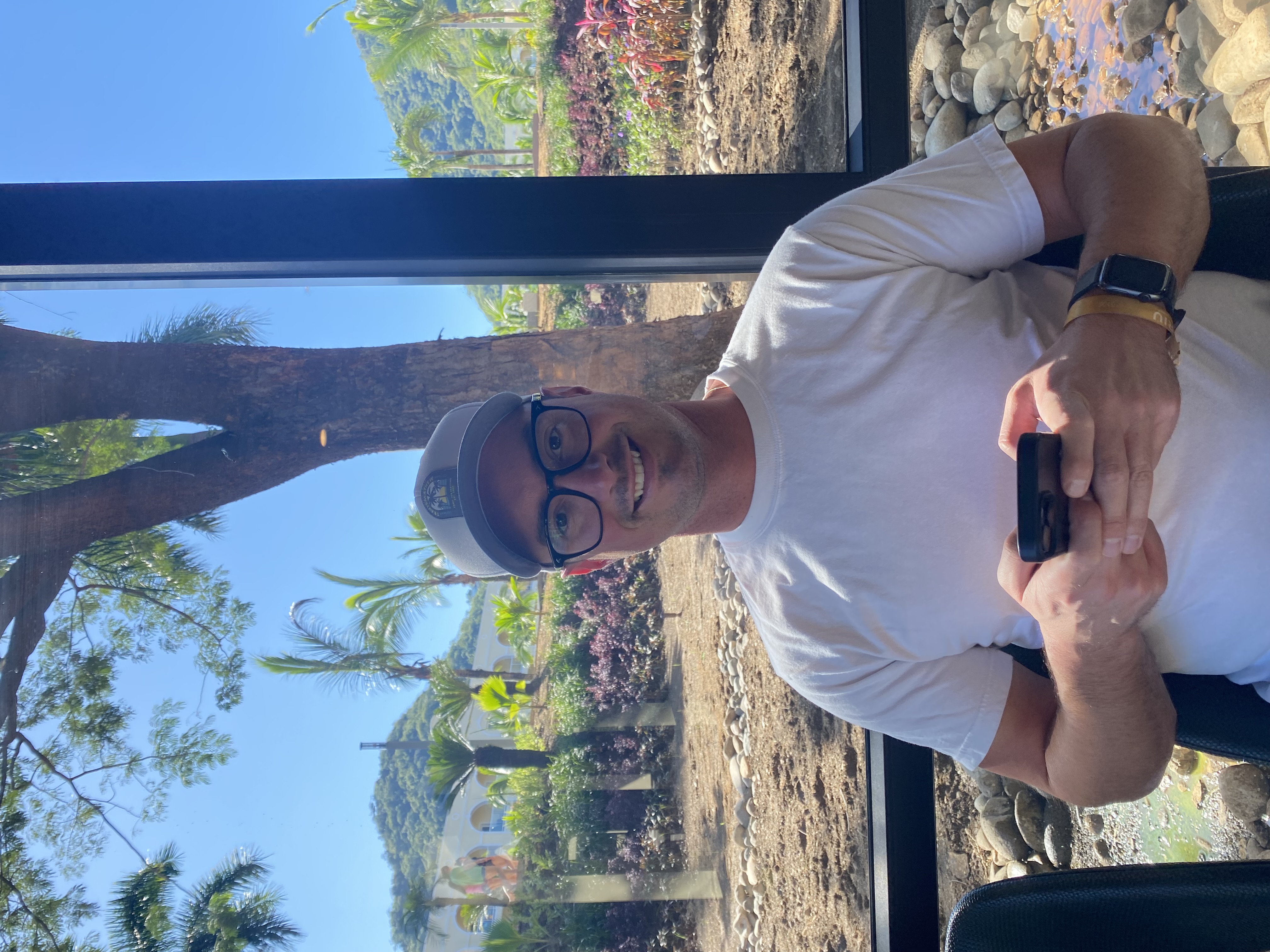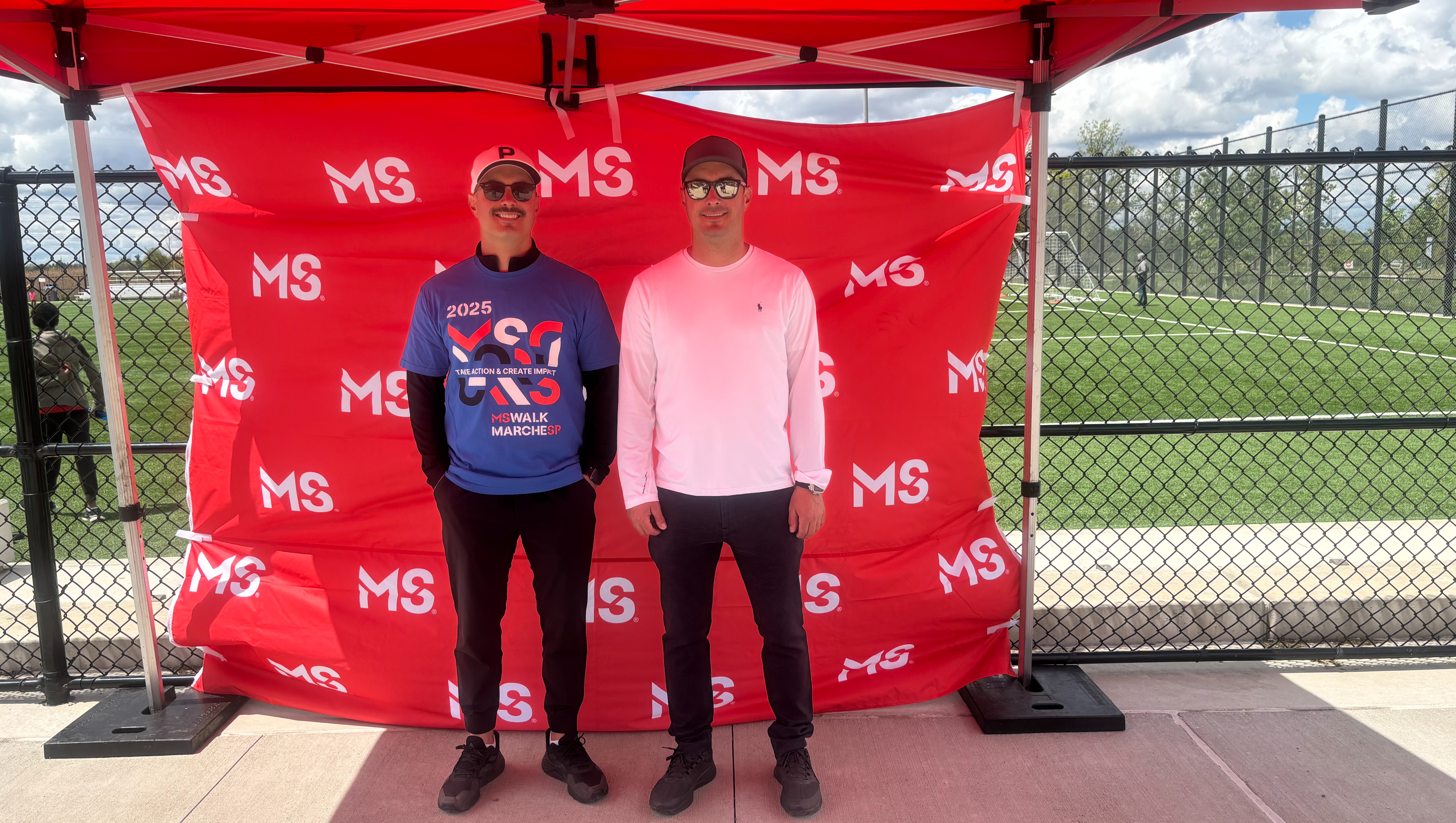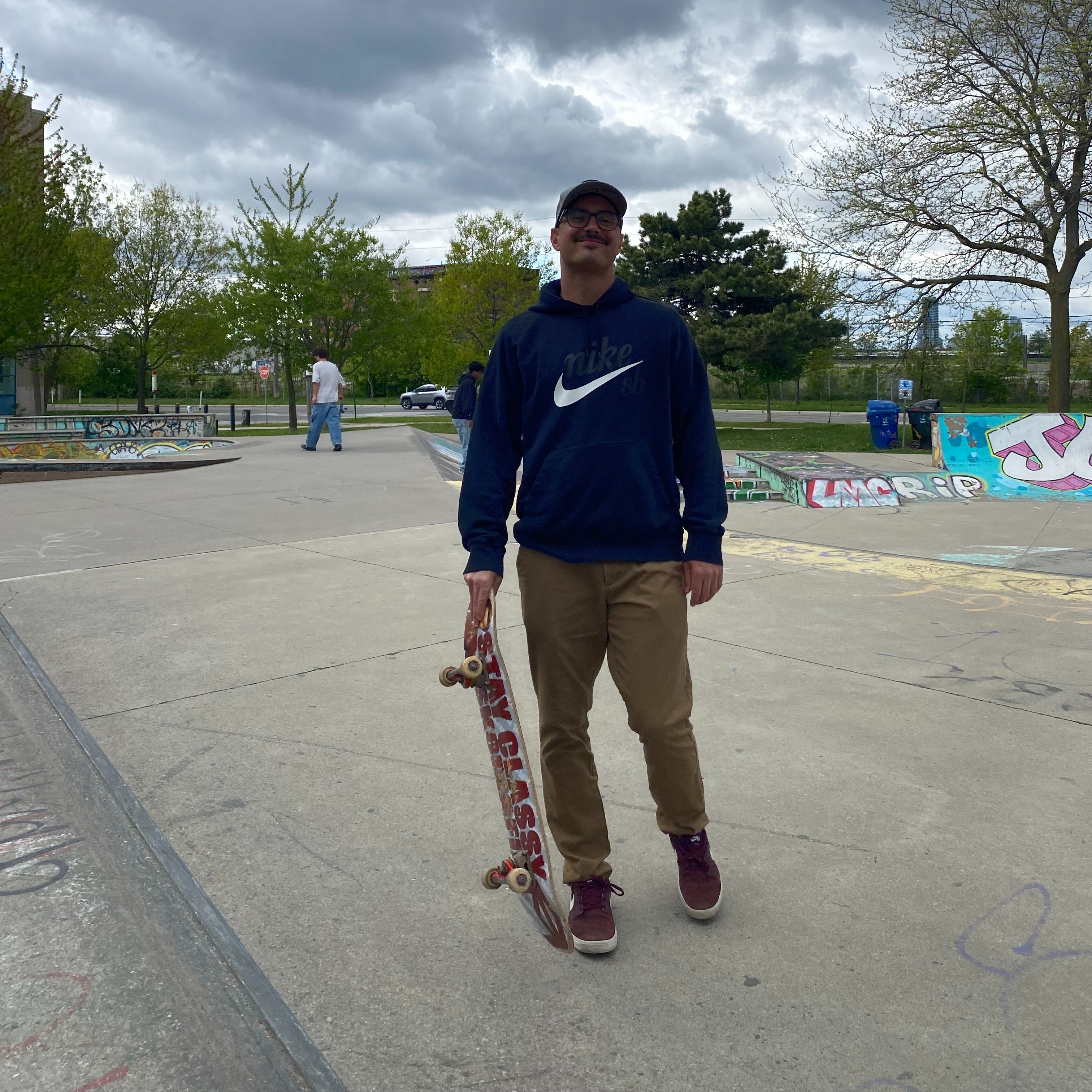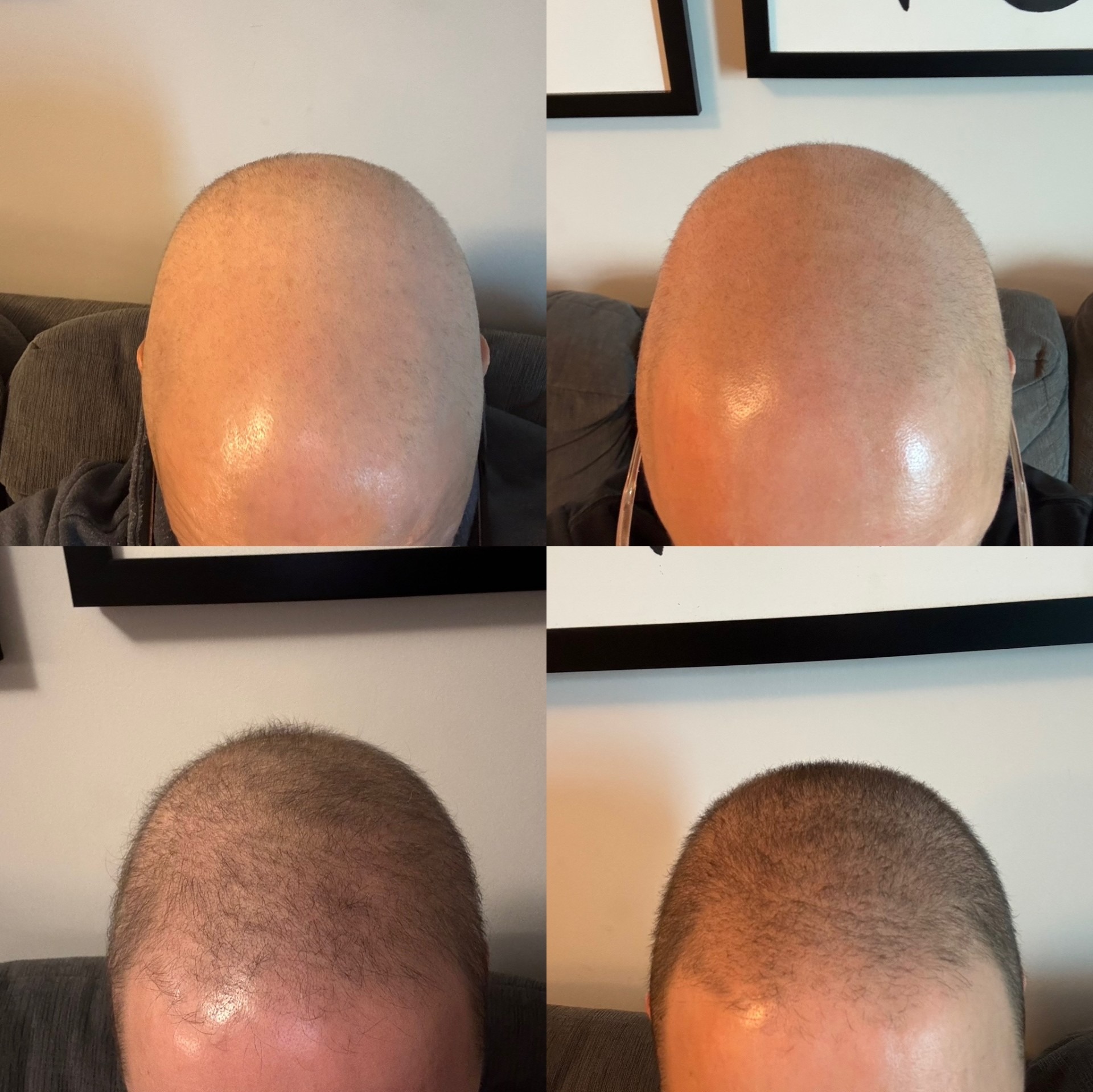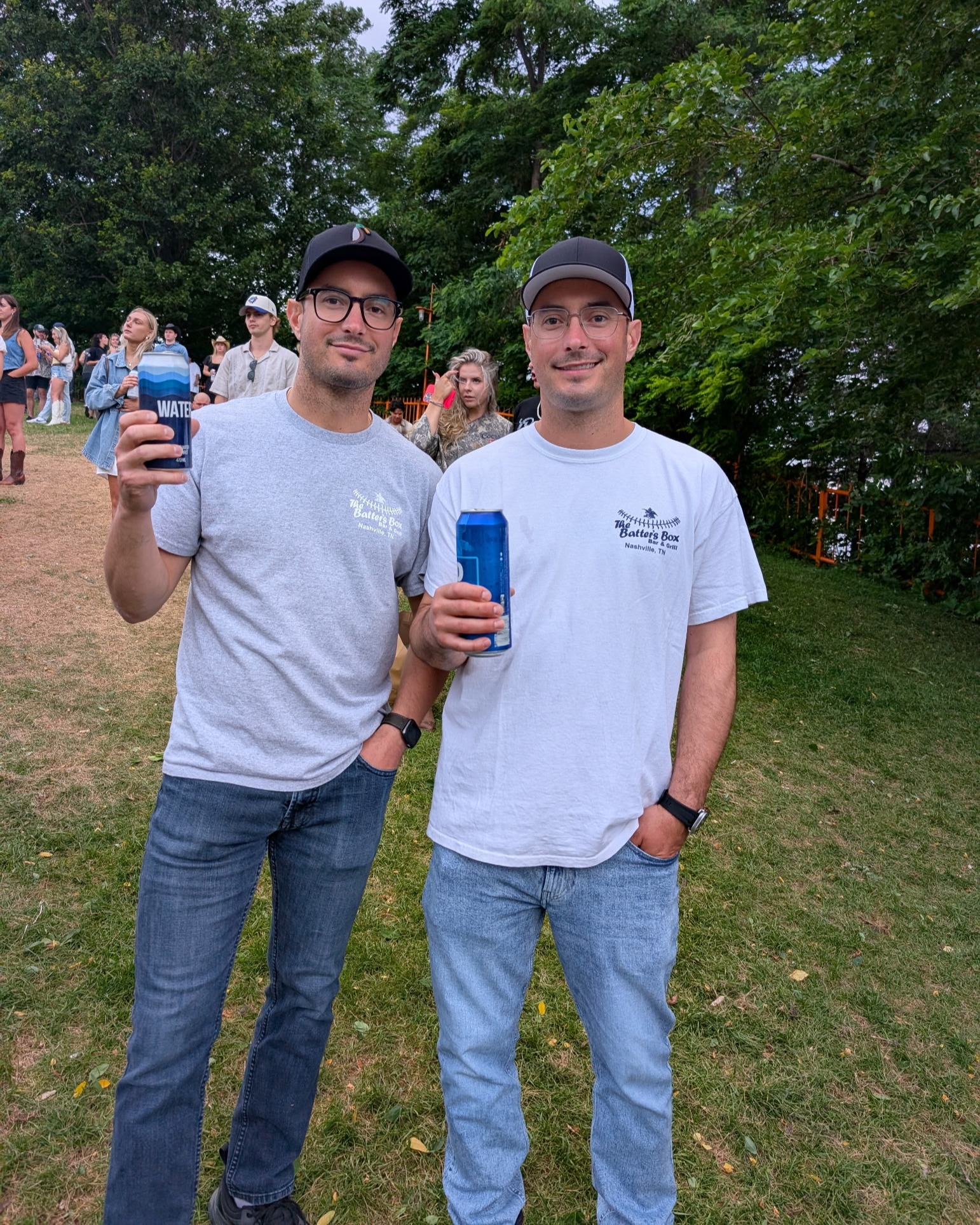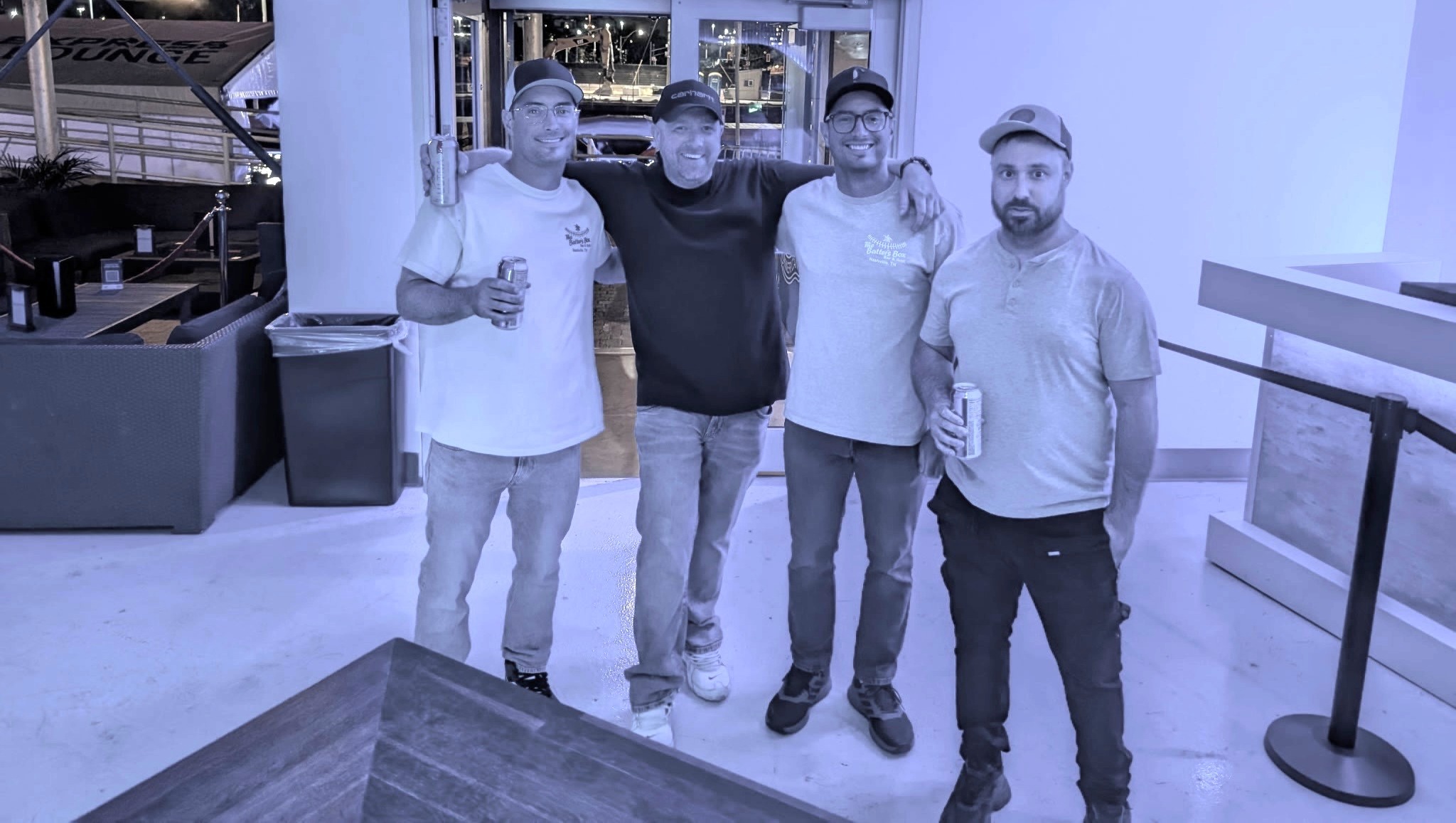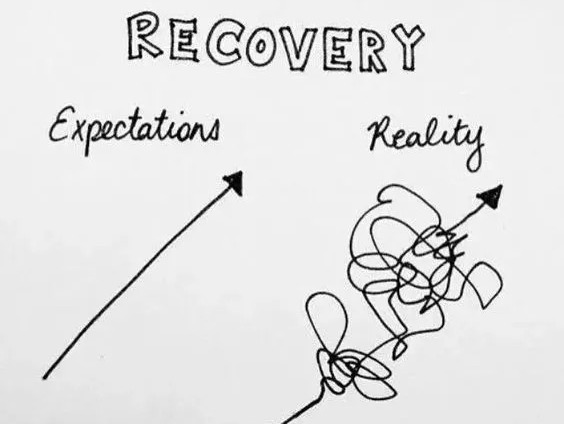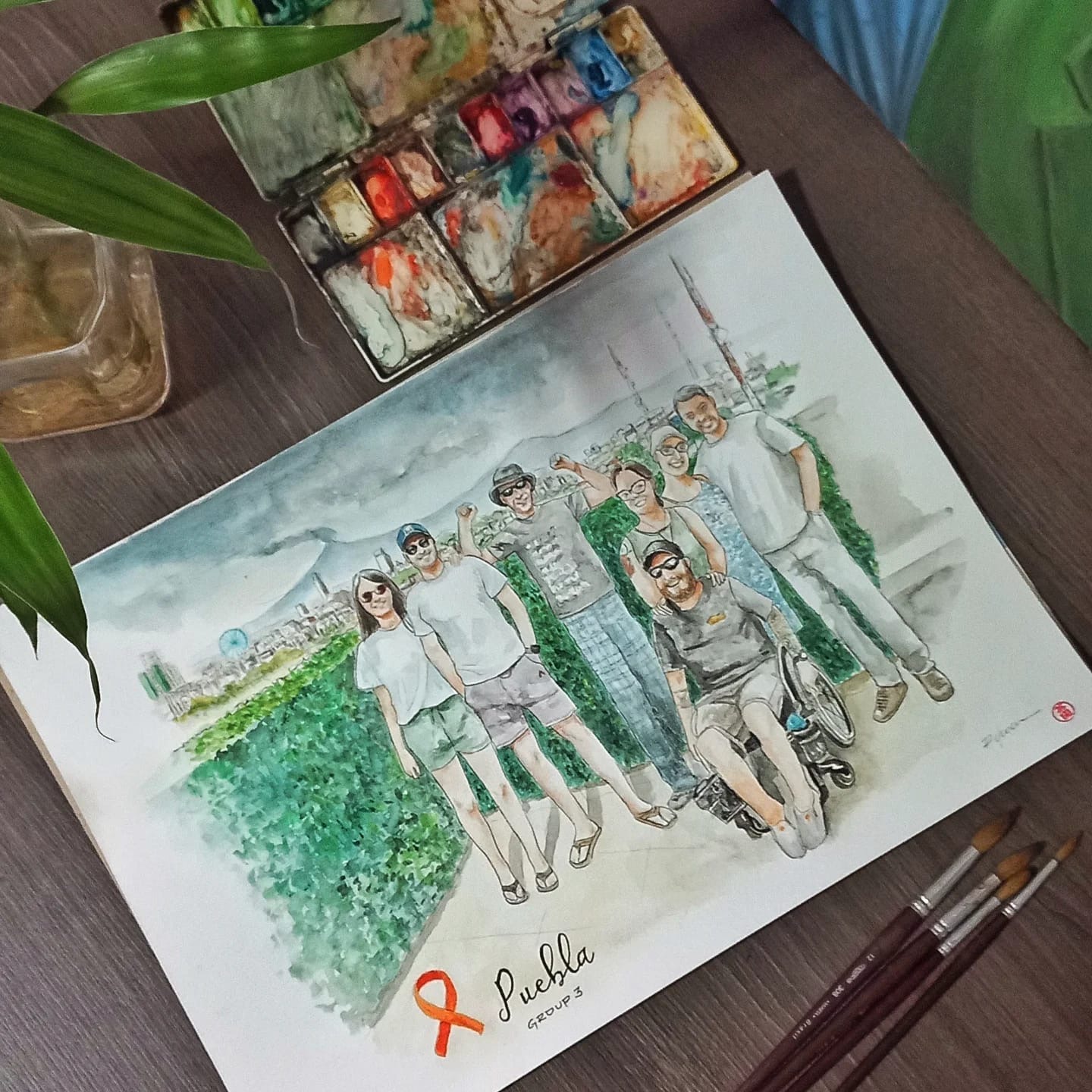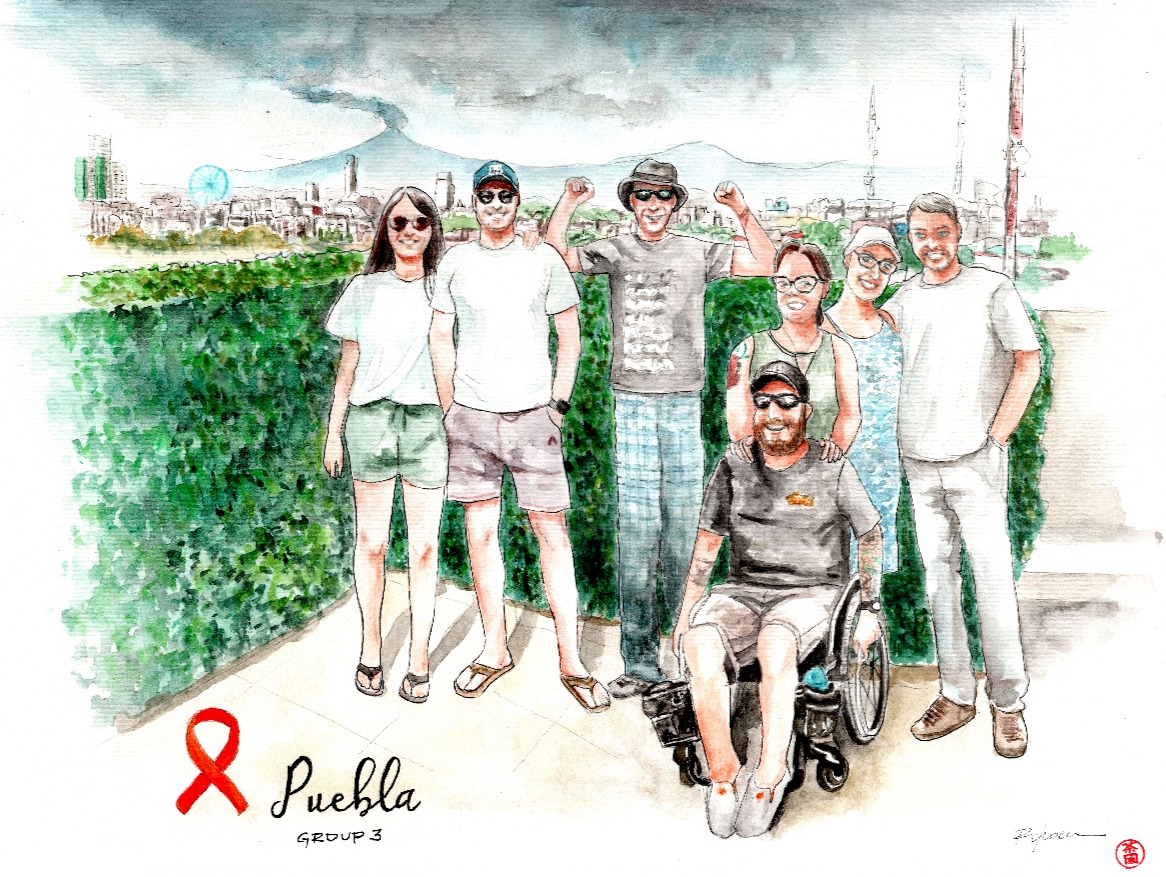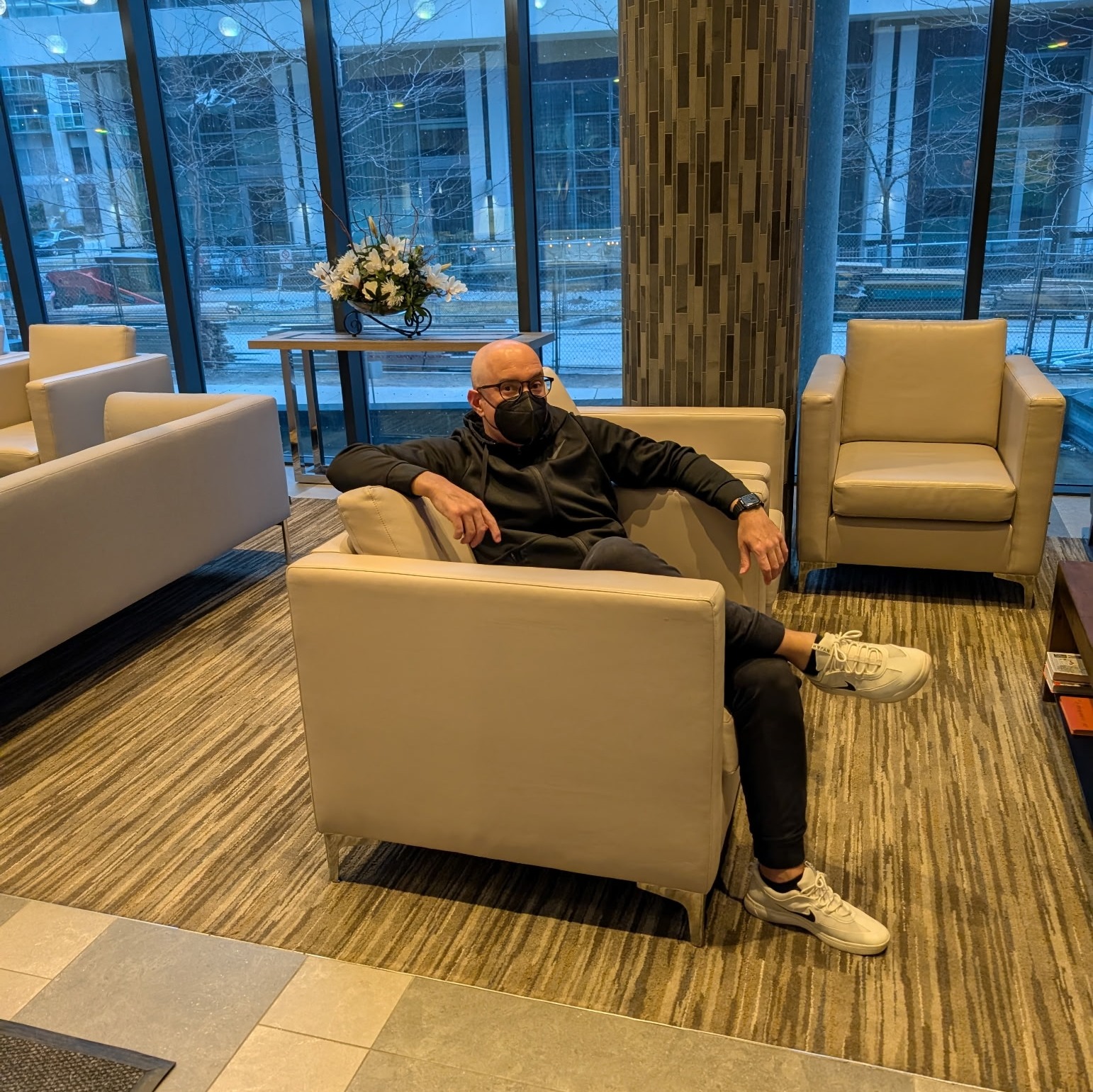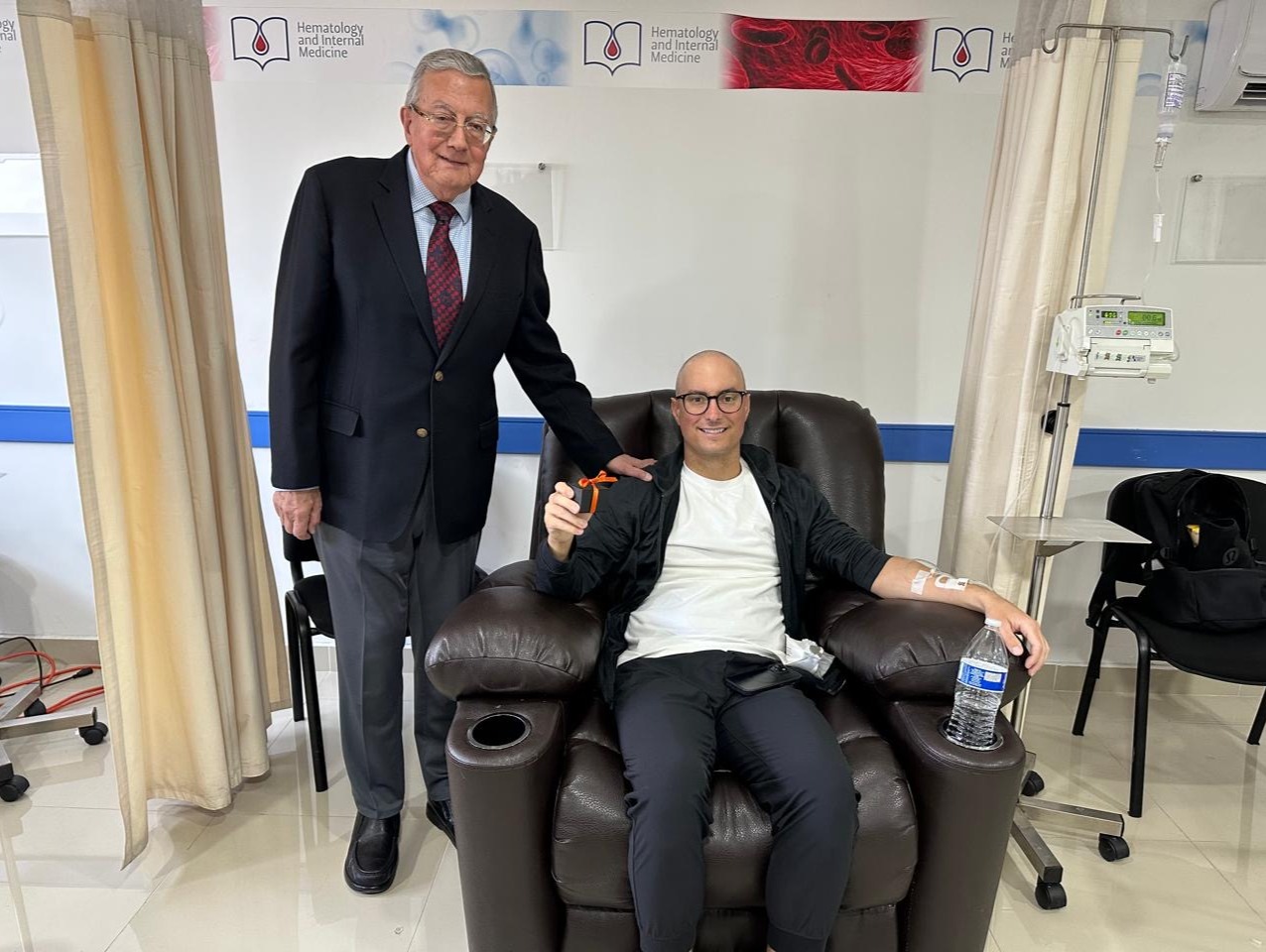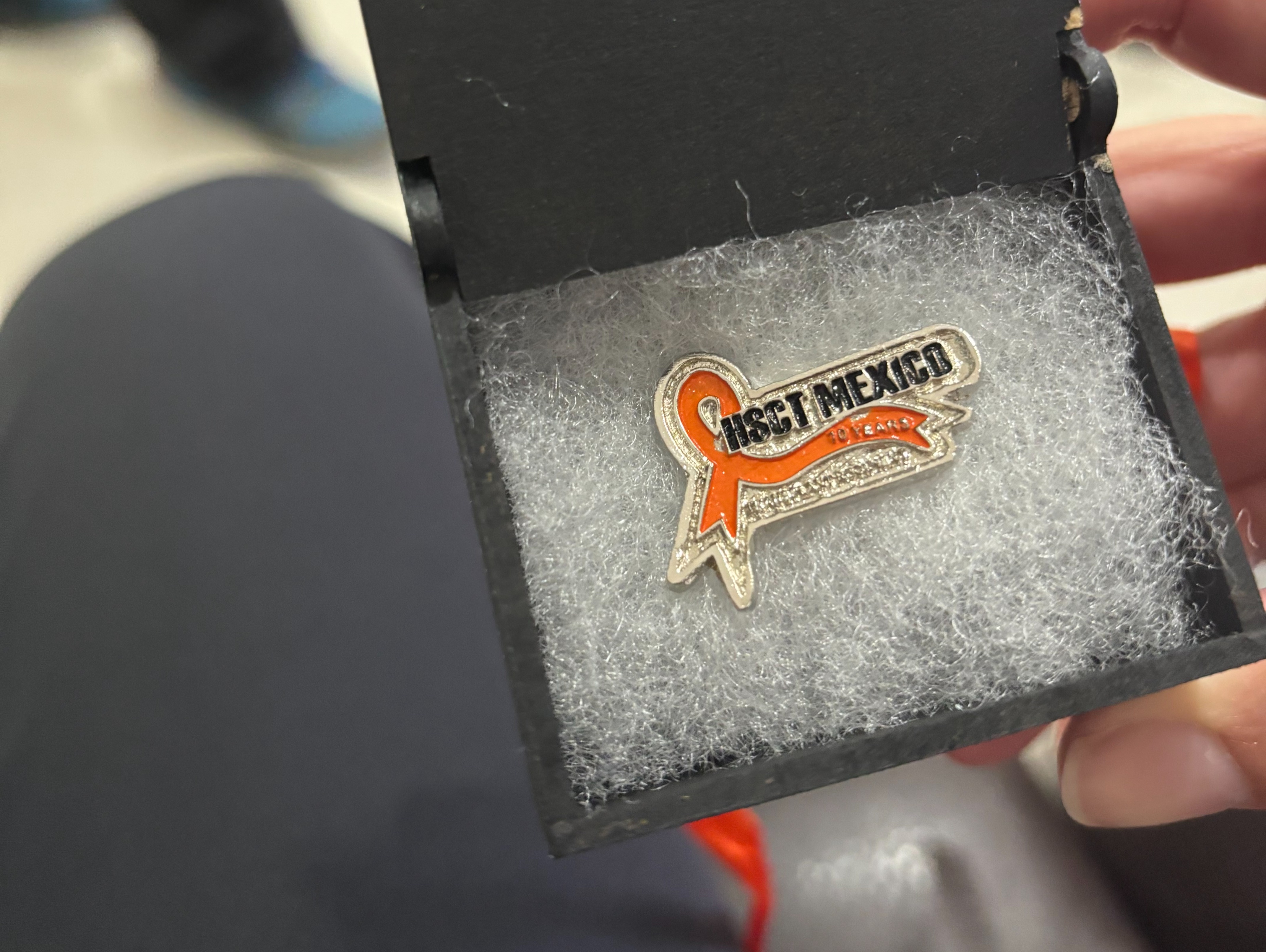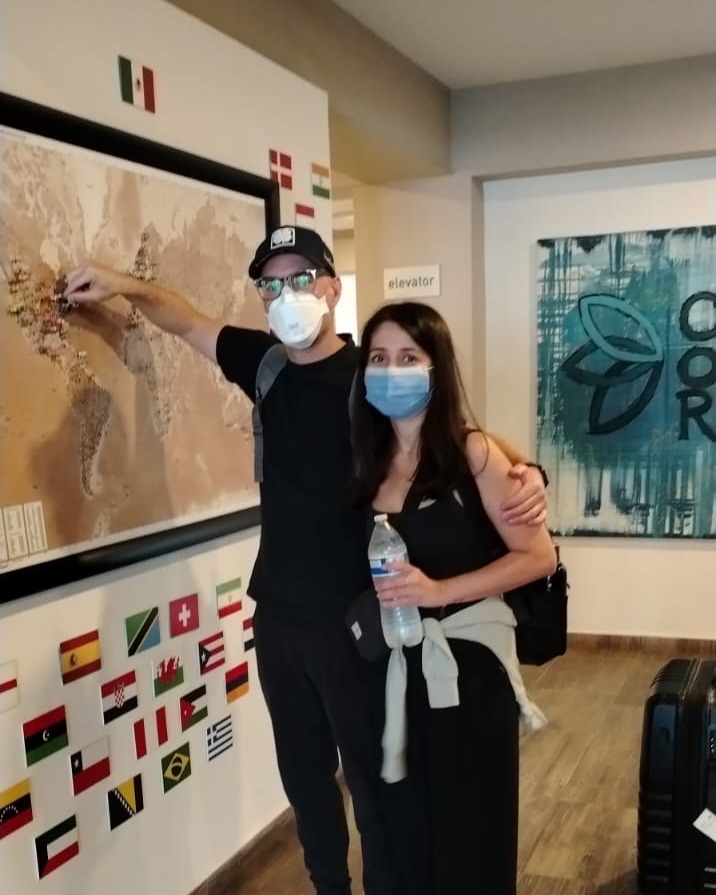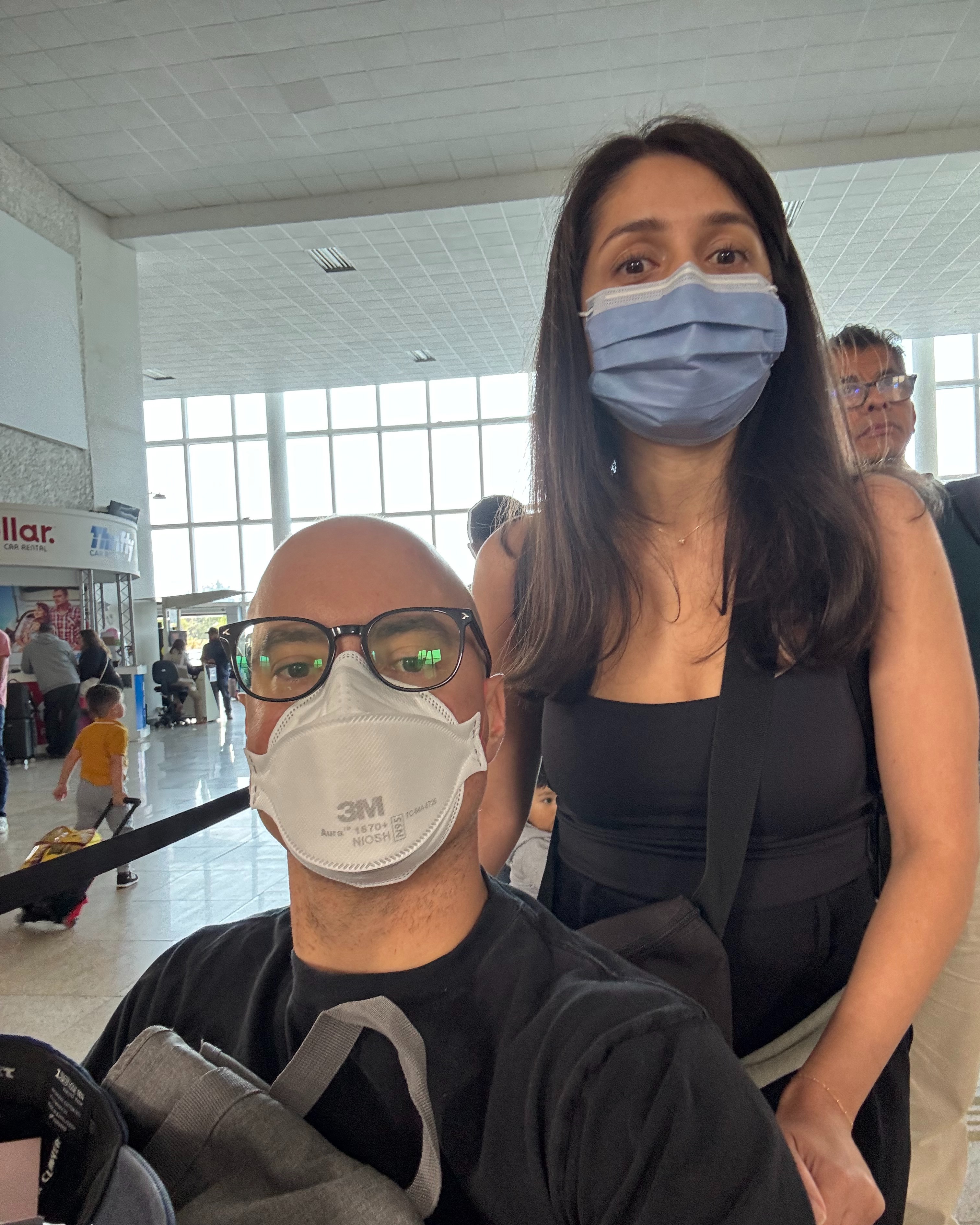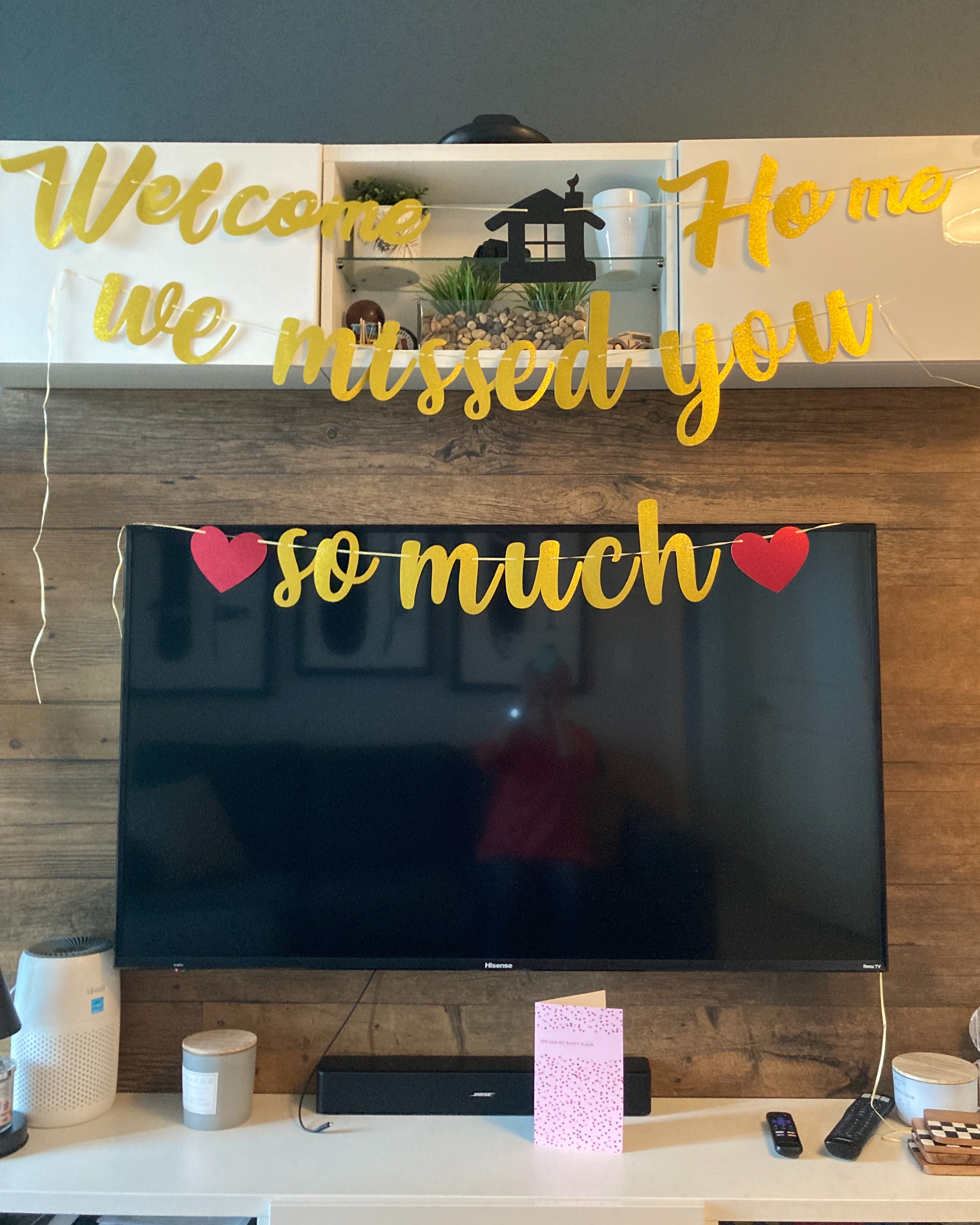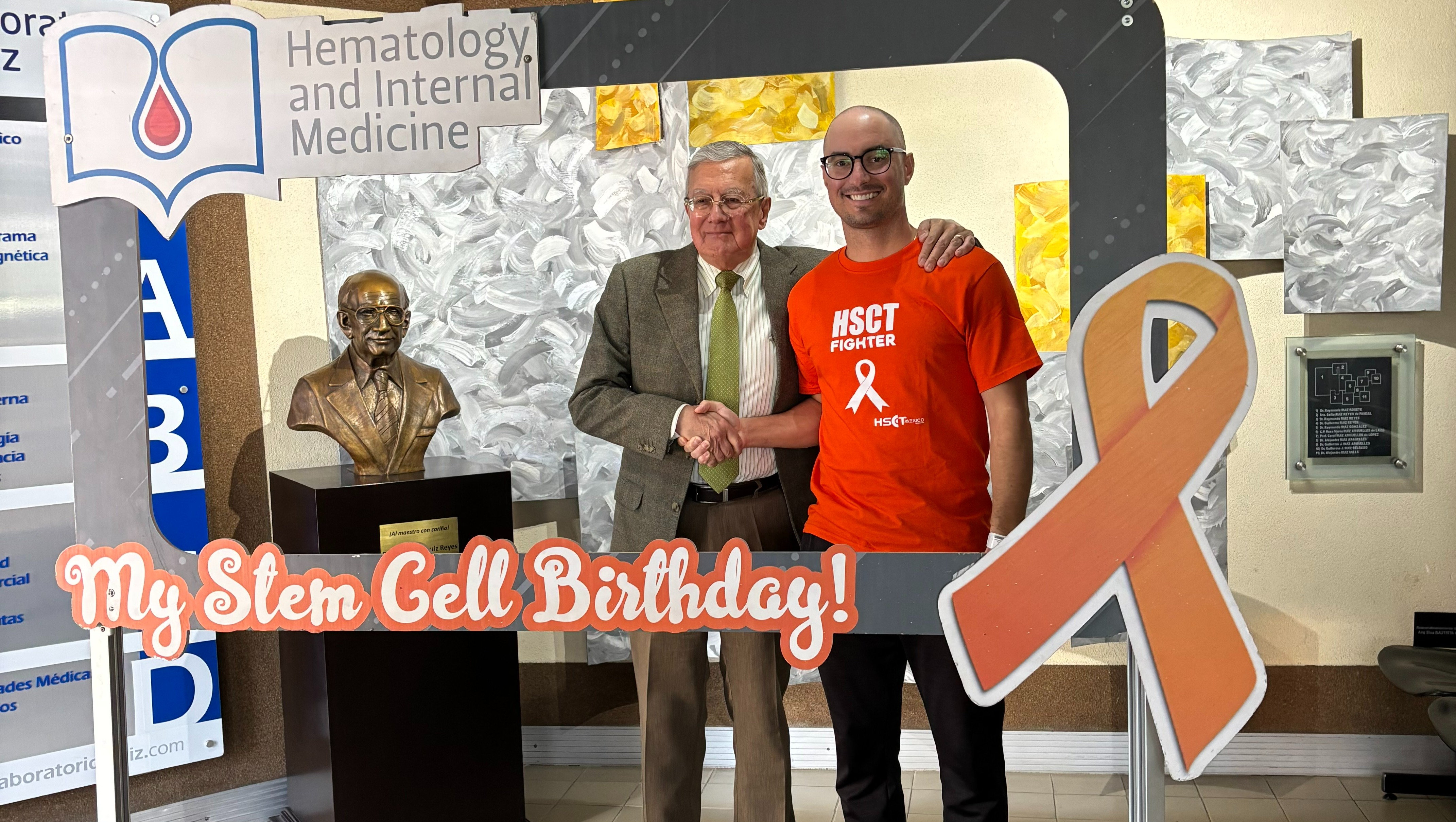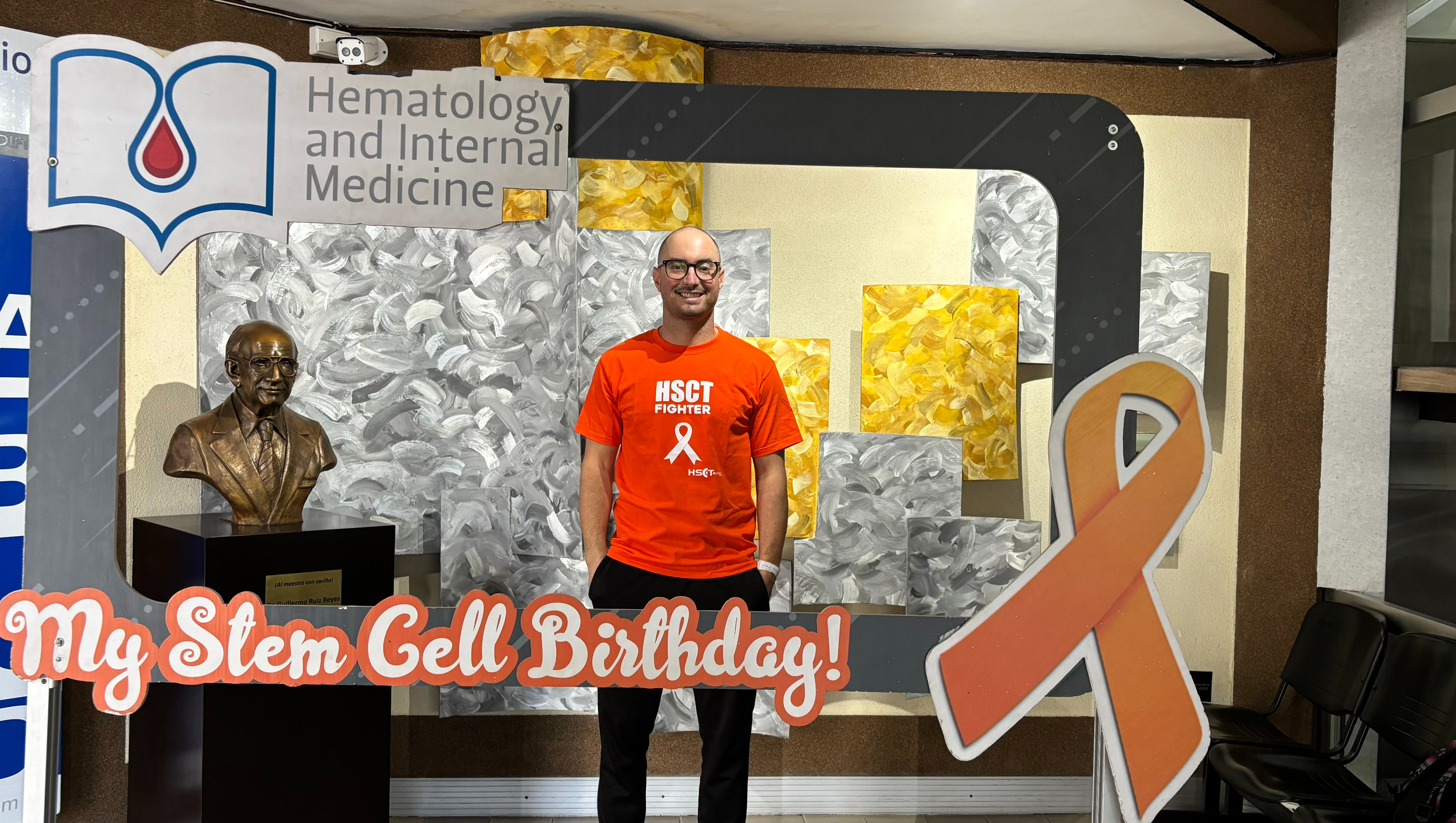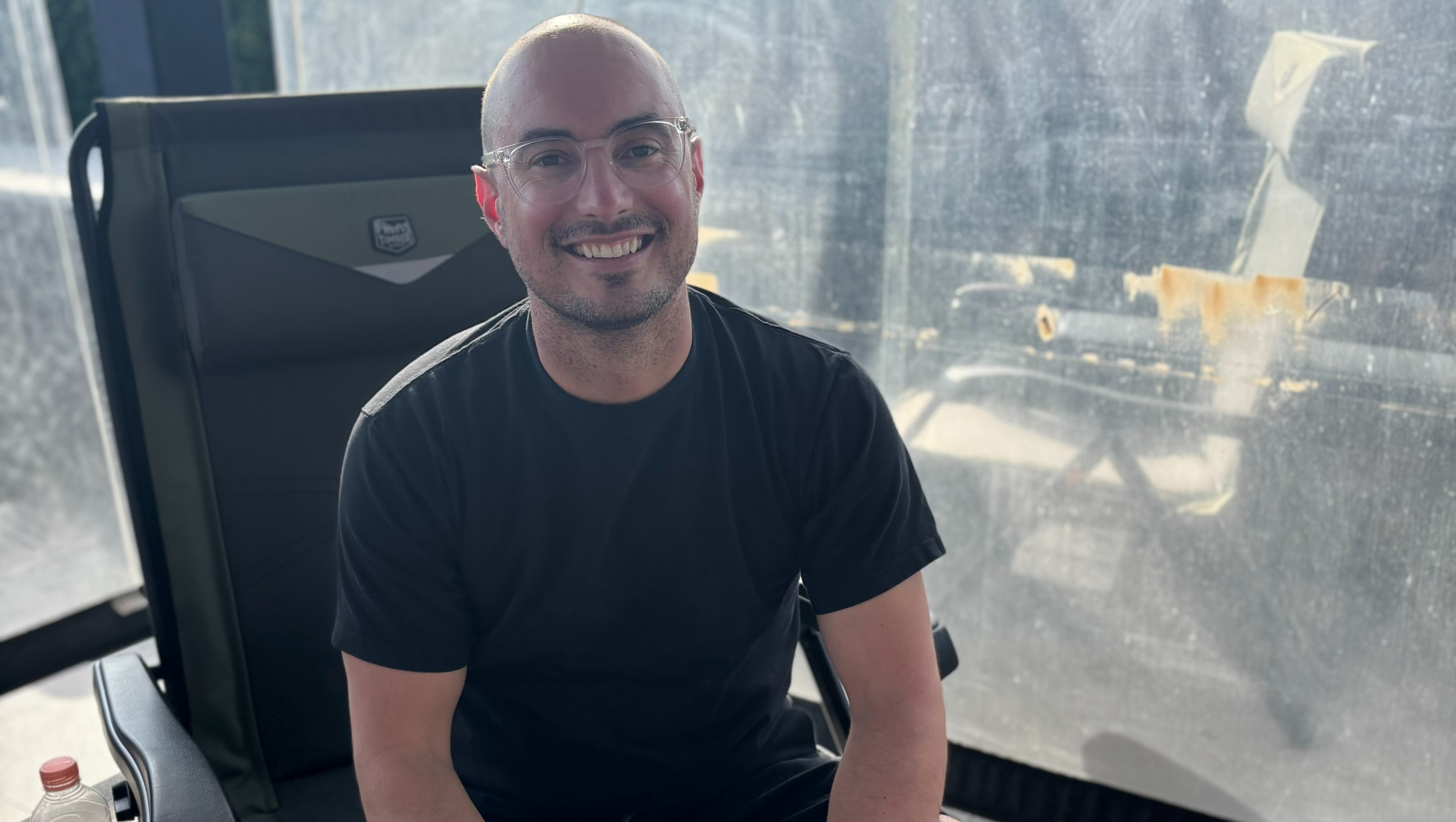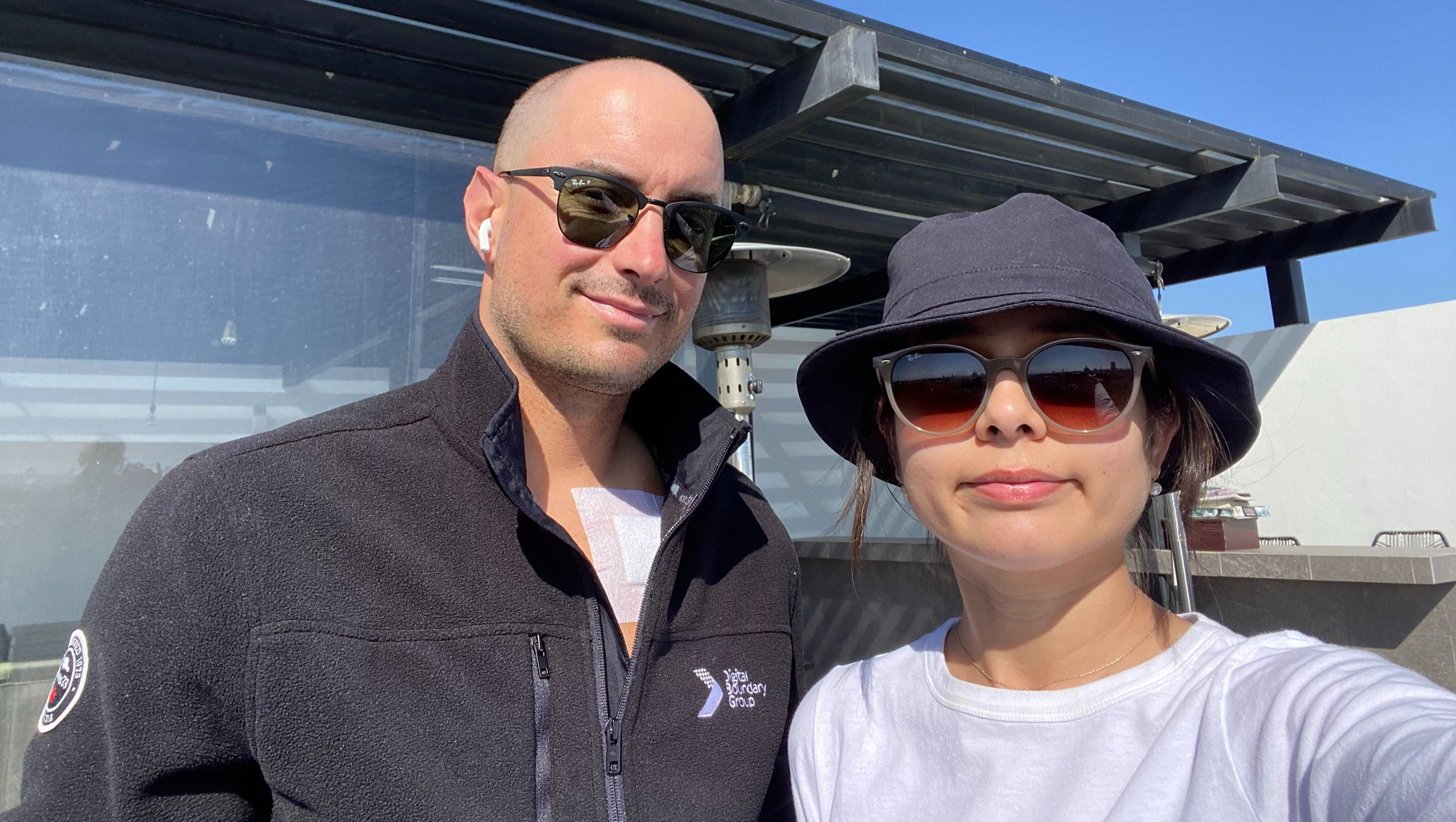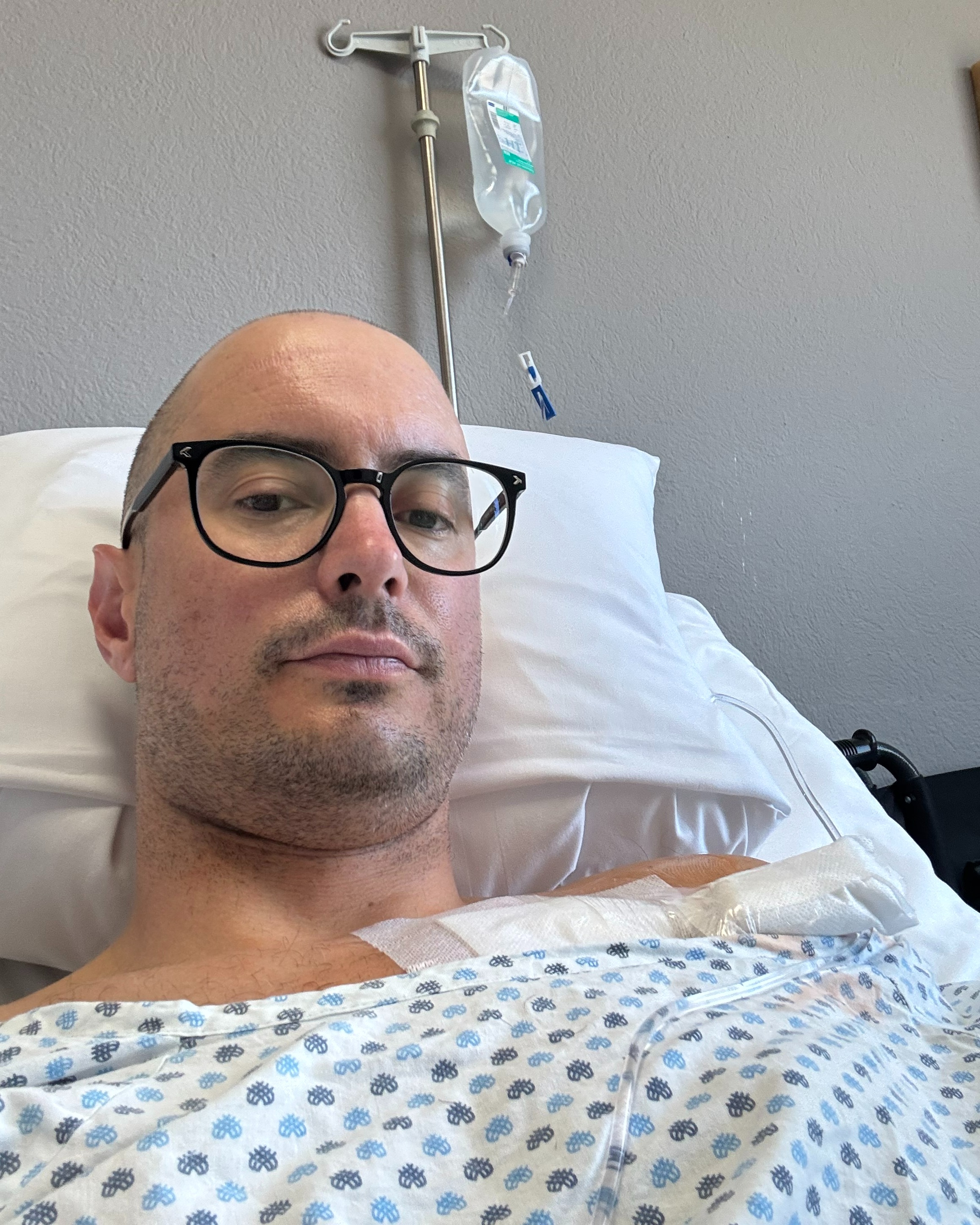Donation protected
On March 2nd, 2025, Stefan traveled to Clinica Ruiz in Puebla Mexico to undergo Hematopoietic Stem-cell Transplantation (HSCT) treatment for Relapse-Remitting Multiple Sclerosis (RRMS). If you’re not familiar with MS, it is a chronic autoimmune disease where the body attacks its central nervous system, destroying the myelin (protective fiber) and nerves in the brain and spinal cord, causing interruptions in the communication between the brain and the rest of the body. Relapse-remitting means that you have ongoing attacks (relapses), followed by periods of recovery (remitting) and the compound effects of the attacks over time result in severe, permanent damage. Stefan’s symptoms currently include dizziness, nausea, leg weakness, balancing issues and loss of coordination.
Stefan’s story
Stefan began experiencing MS symptoms in 2019, but it took him five long years to receive a diagnosis. What started as minor but persistent symptoms that healthcare professionals categorized as anxiety and panic attacks became more severe over time. What were initially described as “bad days” became “weeks” and “months” and by mid-2023, Stefan felt bad more often than he felt good. I have lost count of the number of tests, doctor’s appointments and hospital visits since then that didn’t lead to anything. In August 2024, Stefan had his worst relapse yet and now has persistent heaviness in his legs, making it difficult to do things he loves, like running and golfing. Desperate to feel better, he began seeing a chiropractor, who suggested he might be experiencing MS symptoms. Their suggestion eventually led to multiple MRIs, which showed that Stefan already has many lesions (sclerosis) on his brain and spine and a spinal tap finally confirmed his RRMS diagnosis on Jan 5th, 2025. It has been very difficult watching Stefan search for answers, second guess himself and feel dismissed by healthcare professionals but his persistence has gotten him to this point. And while his diagnosis is very scary given there is no cure for MS, finally knowing what he is up against comes with a sense of relief.
Treatment options
In Canada, the primary treatment for RRMS is infusion drug therapy, generally referred to as a DMT (or DMD), which is taken on a specific schedule for life. Outside of the potential side effects, the biggest risk with DMTs is that it can take time to find the right one and even then, the right one can arbitrarily stop working. You won’t know that the DMT has stopped working until you experience relapse symptoms, and every relapse means more permanent damage to your body. The HSCT treatment Stefan is undergoing is only available to patients in Canada who do not respond to other DMTs and takes years to get approved for. The main difference between DMTs and HSCT is that DMTs are intended to reduce the frequency and severity of the relapses, whereas the goal of HSCT is to halt the progression of the disease.
Whether Stefan decided to take the DMT route offered in Canada or jump directly to the HSCT treatment, his specialists indicated that time is of the essence for treatment because he has enough accumulative damage that another relapse could be significant.
Why HSCT?
Stefan has done extensive research on HSCT, discussed the benefits and drawbacks with his specialists and connected with people across the world who have received the treatment with positive results. Having this supportive, global community of RRMS sufferers has really helped to give Stefan hope for his quality of life moving forward.
HSCT is 70%-90% effective for RRMS and is Stefan’s best chance at stopping the progression of the disease to prevent further permanent damage to his body. The treatment works by essentially resetting your immune system using the stem cells from your bone marrow. The procedure includes two rounds of non-radiational chemotherapy divided into four days, stem cell mobilization, harvesting and reintroduction into the body, and a rituximab infusion. The entire process takes about four weeks, followed by a 3-6 month recovery period at home while your body rebuilds its immune system. During this rebuilding period, Stefan will need to limit his exposure to people because he will be very susceptible to infection.
How you can help
The odds for an improved and sustained quality of life are in Stefan's favour but the HSCT treatment is very expensive, so please share this post because any donations will go a long way to help offset his expenses. In addition to the treatment costs, Stefan requires a dedicated caregiver for the full 28-days in Mexico and may need to take additional time off work to recover once he gets home. Stefan’s girlfriend, Sumbel has graciously taken time away from work and school to be Stefan’s caregiver. (Thank you Sumbel - we know Stefan is in good hands!!)
HSCT Treatment Cost = $86,000 CAD + Travel Expenses
Besides monetary donations, any words of encouragement for Stefan would go a long way to boost his morale. Please feel free to reach out to him directly but keep in mind that he is presently undergoing the treatment and may not be able to respond right away.
I will post again within the next couple of weeks to update everyone on Stefan’s progress.
On behalf of Stefan and our family, from the bottom of our hearts, thank you so much for your support and contribution towards helping Stefan halt MS!
Disclosure: Tony (Anthony) Scola is Stefan’s father and noted as beneficiary.
Organizer and beneficiary
Kiel Scola
Organizer
Georgetown, ON
Tony Scola
Beneficiary
